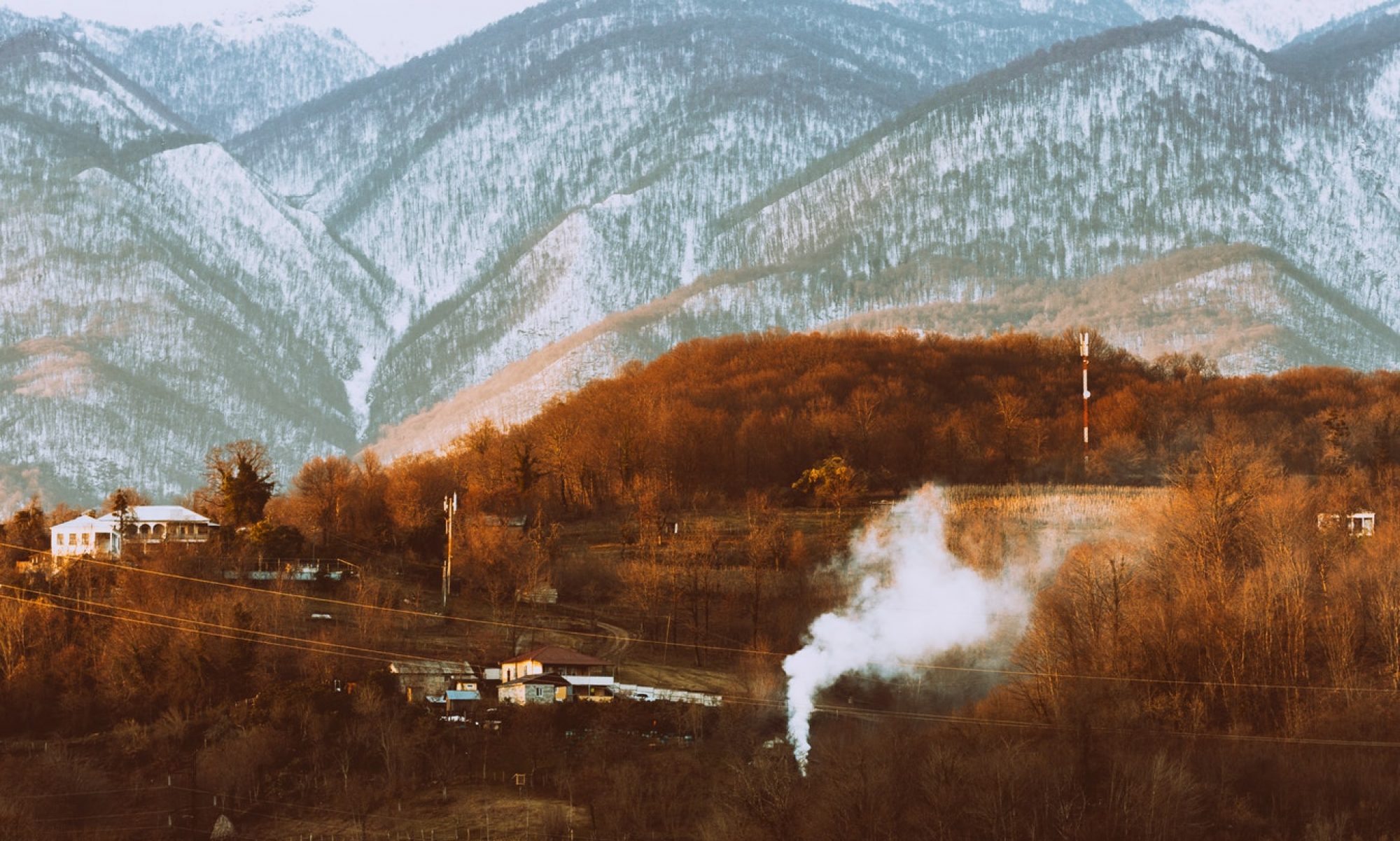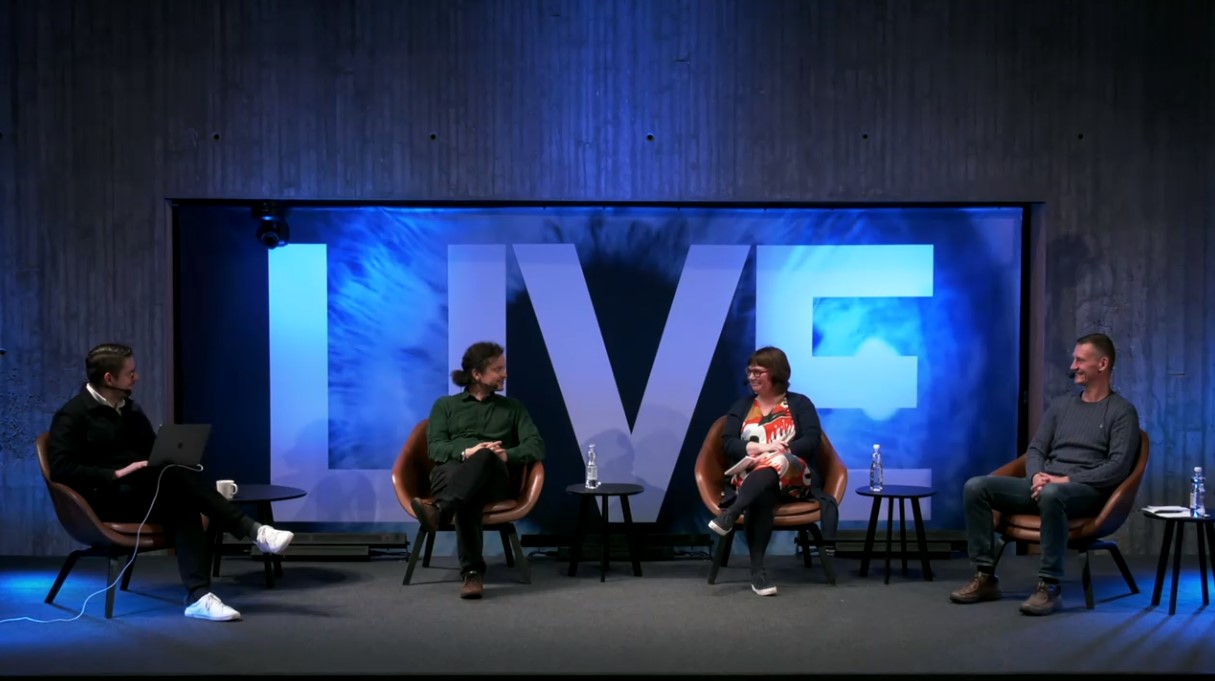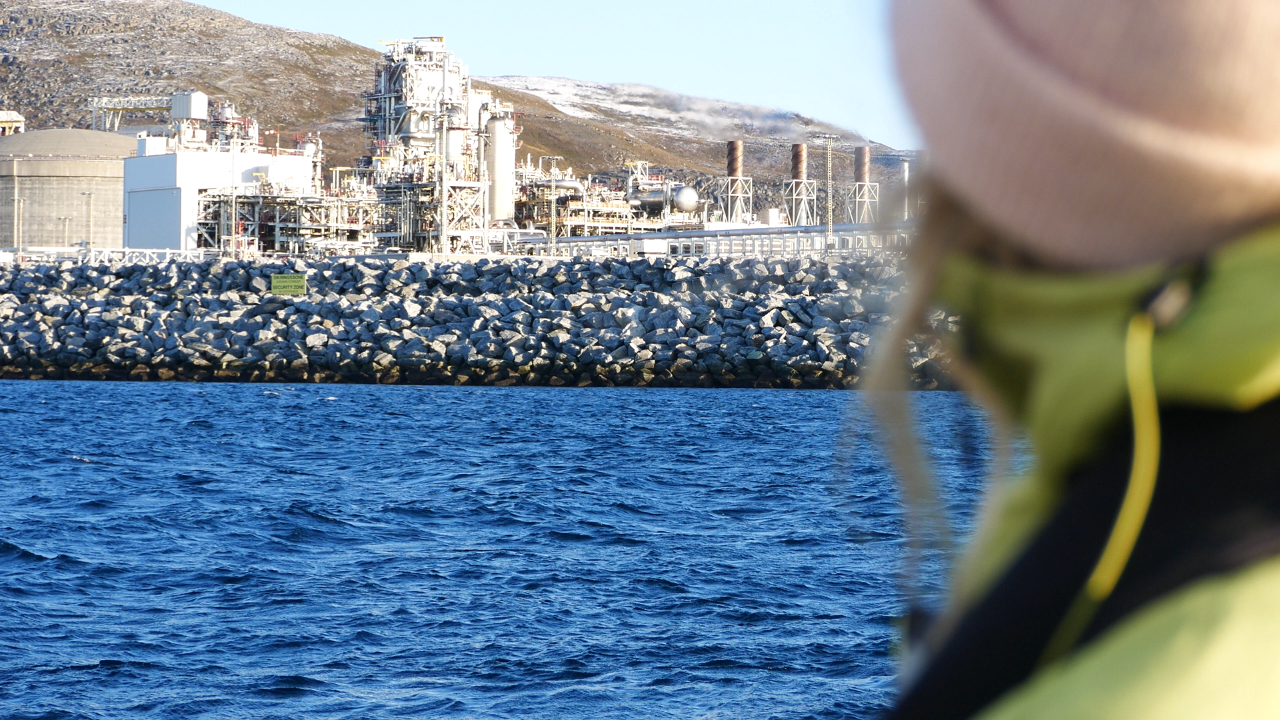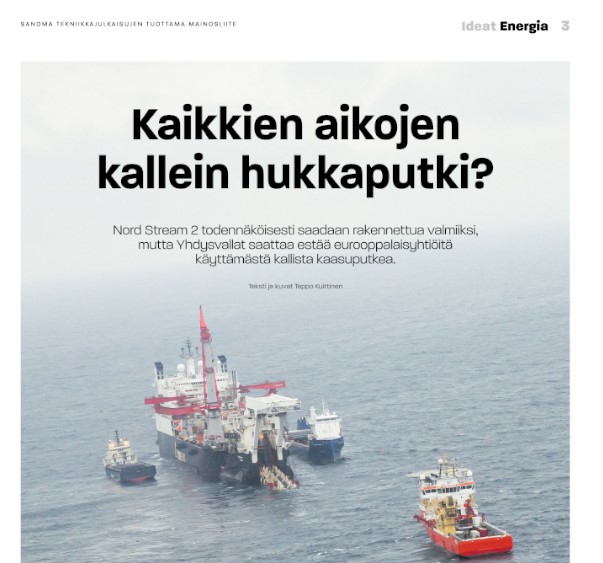Today our Hilma Salonen has defended her doctoral dissertation “Russian Renewable Energy Politics in the Arctic: National Priorities and Local Realities”. The Opponent was professor Greg Poelzer, University of Saskatchewan, and the Custos was professor Janne Hukkinen, University of Helsinki. Due to the travel restrictions, the Opponent took part in the defense online.

The Russian Arctic is known of its vastness of space, unrelenting weather and
natural resources. Renewable energy, however, is rarely linked with developing the
country’s Arctic regions. This dissertation explores what kind of importance could
de-centralized energy sources have in a setting dominated by fossil fuel revenues.
Initiatives launched by private actors are mainly absent in the Russian Arctic, but
this does not mean that the local level does not have agency of its own, nor does it
rule out interesting side trajectories developed in the regions. This study examines
these issues with the help of three case studies, which explore (i) the key priorities
of national renewable energy policies, (ii) the enabling and restricting factors behind
the use of biomass for energy in Arkhangelsk, and (iii) the relation between existing
power structures and new energy projects in the Republic of Sakha.
In addition to increasing knowledge on renewable energy use in the Russian Arctic
regions, this study contributes to the theoretical discussions on public justification,
sociotechnical (energy) transitions and the multi-level perspective approach, and
carbon lock-ins. With the help of these theoretical concepts, it is possible to analyze
Russian energy politics not only as a special case but as a part of a bigger continuum of
sociotechnical transitions. Since literature on energy transitions has mainly discussed
transition cases in market-led, energy-importing countries, evaluating its key notions
in the context of the Russian Arctic offers new viewpoints on their adaptability.
The results of this dissertation state that the Russian official discourse promoting
renewable energy use favors concrete, technical objectives at the expense of a more
ambitious long-term vision. Various lock-ins restrict the possibility of alternative
energy forms to develop, and while new actors work alone, existing lock-ins
reinforce each other. However, even the current situation holds many possibilities for
alternative practices to find niches and develop. Energy policy-making and regional
development are neither top-down nor bottom-up affairs, but instead happen in a
dynamic interaction between local, regional, and national actors — despite the highly
centralized character of the current political system. These realities offer possibilities
for renewable energy projects to take root in the Russian Arctic, albeit as a part of the
great power politics related to fossil fuel exports.
Professor Poelzer highly praised Salonen’s work for its findings, methodological and theoretical approaches. He called it a “model case of how to do hard research work”. “She’s done masterful work in laying a new foundation in theoretical understanding of energy transitions”. Professor Poelzer especially praised the introduction part of the dissertation – «the part of the dissertation I returned to again and again is the introduction. It’s one of the best introductions I’ve read in 20 years.”. The Opponent called Hilma Salonen one of the most honest scholars he knows and a scholar he wants to follow for years to come. He encouraged Hilma to continue her research in the future and suggested, that the next step could be to compare the two cases she had in her PhD – Arkhangelsk oblast and Sakha republic. Profesor Poelzer thinks that what Hilma Salonen found in her research can help us better understand the differences in energy transitions, energy governance, and approaches to renewable energy in different contexts, like, for example, the Nordic countries. In his concluding remarks, the Opponent said that the dissertation is an example of how good social science research should be conducted and proposed that the dissertation is accepted.
Our research group is very proud of brilliant Hilma Salonen and congratulates her on successful defense!





